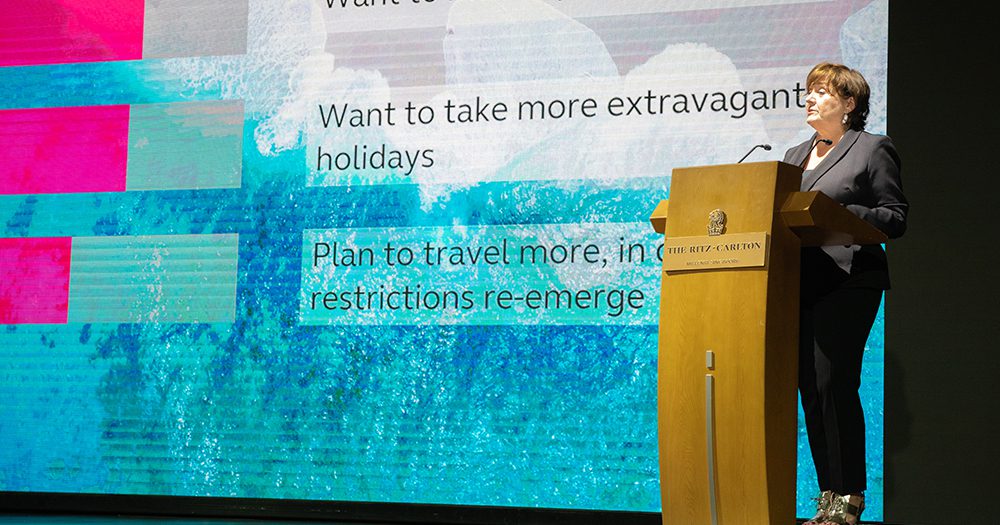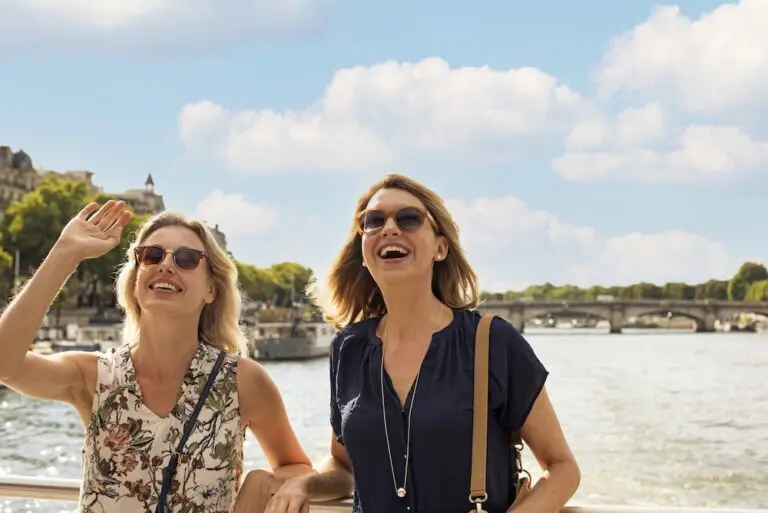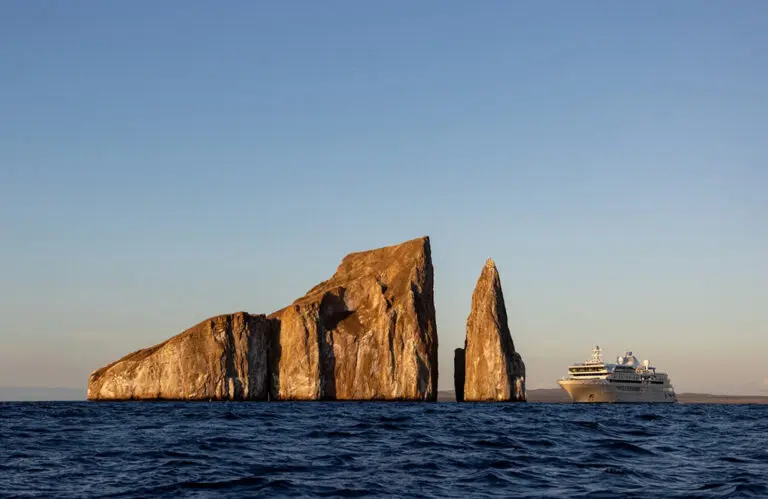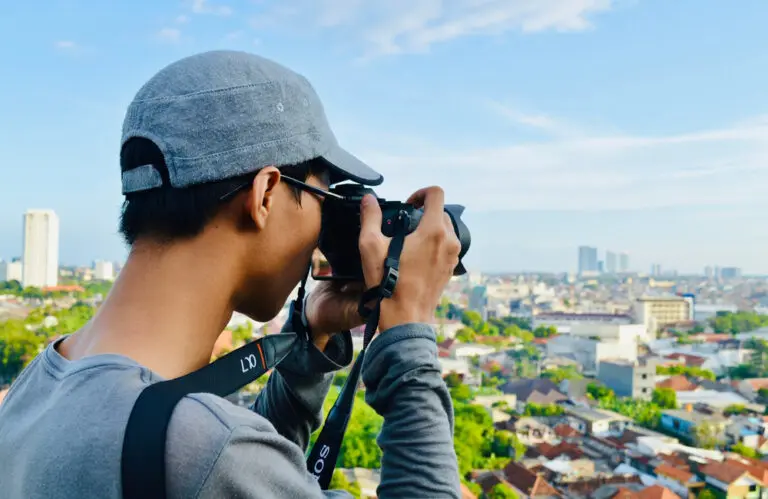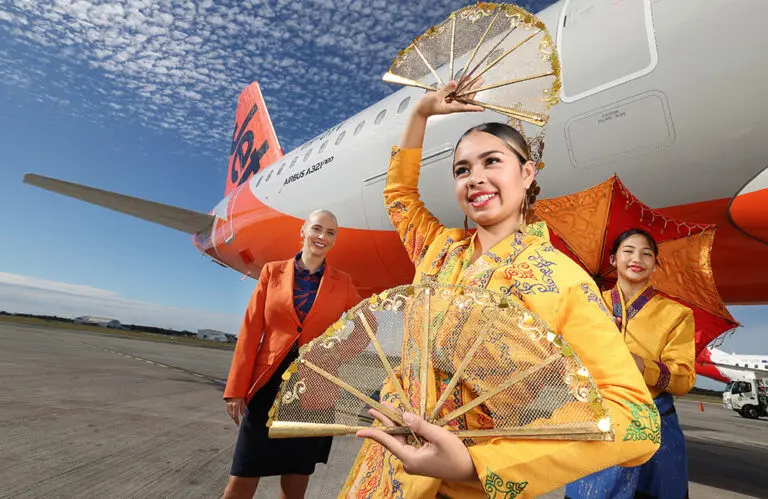What are the evolving luxury travel trends of note? ILTM Portfolio Director Alison Gilmore shared Altiant’s recent global research at the Travel Associates Luxury Business Leader Conference on the eve of this year’s ILTM (International Travel Mart) Asia Pacific in Singapore. Spoiler alert: Travel advisors still reign supreme.
Bathing in the record boom of the luxury travel sector, travel advisors from all corners of the globe are continuing to ride the crest of this immensely rewarding wave.
But what exactly is firming its roots, what’s hitting the brakes, and what’s blossoming when it comes to the evolving patterns of the world’s most affluent globetrotters?
Delegates at the Travel Associates Luxury Business Leader Conference, which aptly took place last weekend at Shangri-La Hotels and Resorts founder Robert Kuok’s first Hotel in Singapore, founded over 50 years ago, were offered a technicolour glimpse into the global panorama of all things luxe travel today.
Sharing Altiant’s ‘Buzz vs Reality’ research from the end of 2022, ILTM Portfolio Director Alison Gilmore explained the three pillars that define the ebb and flow of the most privileged travel sector.
So, what’s staying?
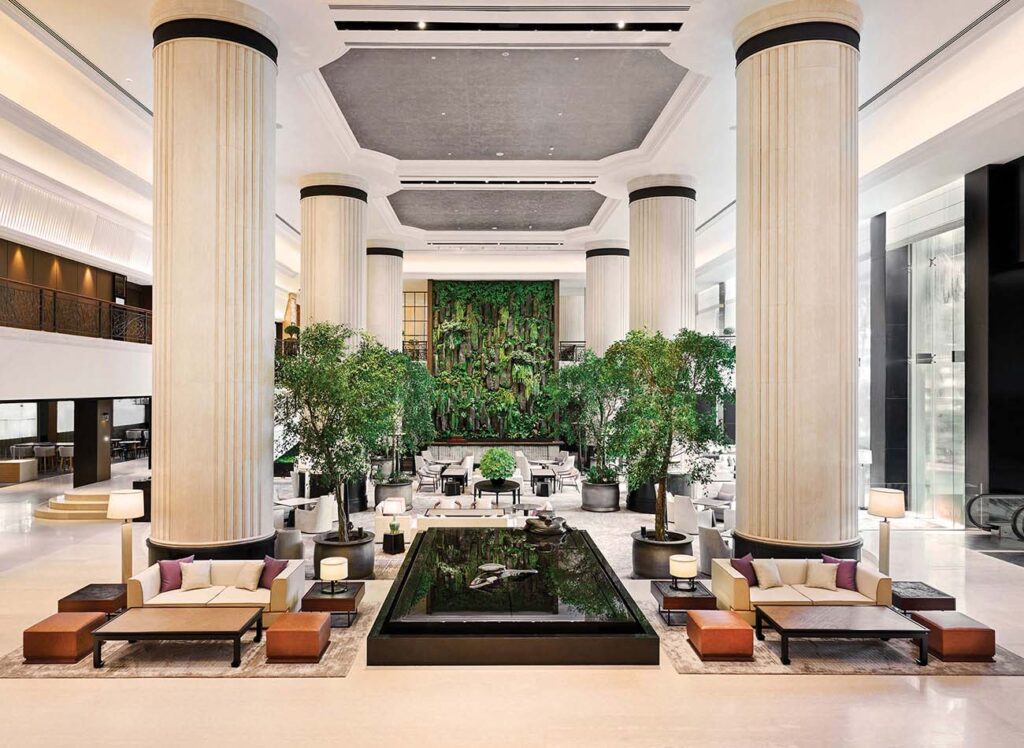
Experiences over goods: There’s so much pent-up desire to do things post-pandemic. So it’s not surprising that half of the wealthy global travellers now prefer to spend money on luxury experiences rather than luxury goods.
Slower travel: Less flying and holidays which last a week or more and are relaxing or of a slow nature are preferred by 60 per cent or more of our wealthy global travellers.
All things new: People want to mix up their routines. After the last couple of years, these results reinforce that, with 56 per cent of respondents preferring new places and experiences.
Wellness: Mental well-being is a particular area of interest for so many people. Overall, a quarter of our global travellers took a wellness break last year, with people over 45 being the group that’s most likely to take this kind of trip. But while wellness used to mean a spa session in a hotel, it’s gone far away from that with a tremendous increase in the range of wellness products out there.
Health and Safety: Probably pre-covid, this would not have come up. But a traveller’s health, safety, and cleanliness remain the most influential factors when booking a trip. This now also includes security concerns and fears of discrimination at destinations. Again, it’s probably something we’ve never really thought about pre-covid, but it’s something we really do need to consider now.
Interest in using technology to improve holidays: 44 per cent said they were interested
in this as a trend. This is a salient point given the rise of AI and technology-enabled automation of the travel experience.
What’s slowing?
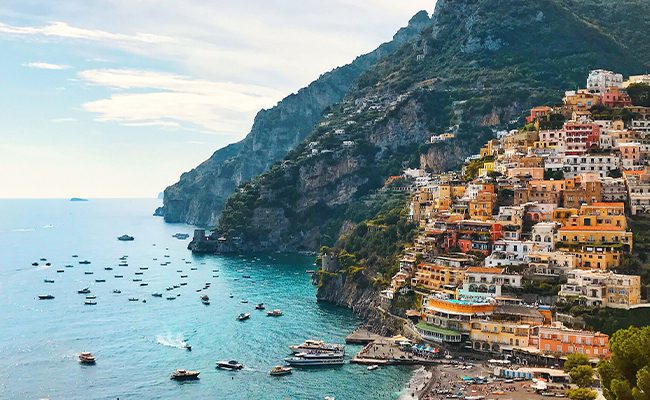
Privacy and seclusion: Naturally, we saw privacy become very popular when we were socially distancing. We wanted to try to save our family, and as we socially distanced, it became more critical. But now, being around people is making a comeback. Thirty-nine per cent of travellers prefer to be more social, which is great.
Local and regional trips: Not surprisingly, domestic holidays dominated over the last couple of years, with 91 per cent travelling within Europe and the Americas and 82 per cent from APAC just travelling domestically. However, we are seeing a bit of a shift in this. Very few affluent travellers say that they would remain within their own country if they only had one holiday per year, so it’s safe to say international trips are back.
Social media influencers: As travellers return to big trips, they always look for tips on where to go and what to do. But our report found that social media influences are not always the most influential as travel advisors and family and friends.
Hopping from one place to another: Almost half of the luxury travellers say they prefer to fly less often and stay longer rather than take shorter, more whistle-stop tours.
Active breaks: Relaxed, slow holidays have seen a significant increase in popularity, with 50 per cent of travellers preferring these types of trips versus 25 per cent of travellers who prefer active ones as people look to unwind and keep fit after the last few years.
Repeating the familiar: Only 20 per cent of survey respondents want to visit the place to stay in a place they have seen before. Fifty-six per cent are looking for new destinations and places they have never been.
What’s growing?
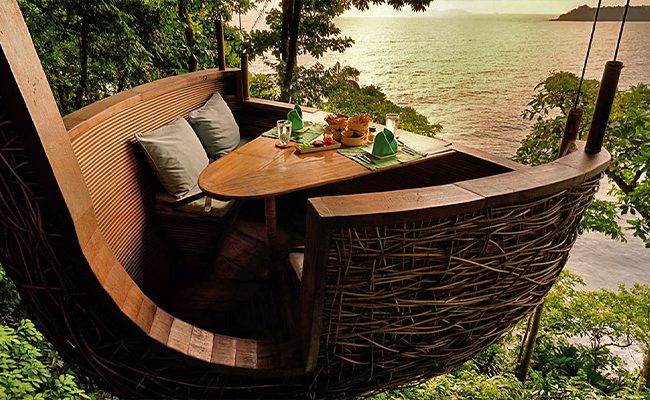
Family and multi-generational trips. This was around pre-covid, but it’s become extremely popular as people reconnect with loved ones over the last couple of years. Just over a third of wealthy Europeans and Asians took a family trip last year.
Revenge travel: More than half of the travellers from the Americas are seeking revenge travel, which really means extravagance. 50 per cent of affluent individuals have saved money over the last two years, and they’ve saved a lot of it. Now they want to spend it travelling in style on unique and memorable trips to make up for lost time. It seems that wealthy travellers from the Americas are expected to be the most bullish in their spending.
Travel agent usage: People need someone to plan these big extravagant trips. And travel agents have become a crucial part of the planning process, with two-thirds of wealthy travellers planning to use travel agents for at least some or all of their holiday bookings going forward.
Luxury travellers want the flexibility to make adjustments when plans change and stay up to date on the latest travel rules and regulations. And we’re seeing these as the key drivers for people using travel agents. The majority of global travellers also expect agents to help them with things like insurance, wellness and sustainability options and giving back to the community.
Planning well in advance: Overall, the pandemic seems to have had an impact on spontaneity when it comes to planning holidays. 60 per cent of survey respondents are looking to book their holidays in advance, which is a good thing.
Travel spending: This is also a good one across all regions, it’s really clear. The intention to spend more on travelling in the year ahead versus pre-covid is a real thing, with 57 per cent planning to spend more and only 10 per cent cutting back.
Sustainability and eco-friendly travel: The message of a more sustainable and climate-conscious industry after the pandemic is resonating with luxury travellers. An impressive 94 per cent of respondents said they’re prepared to do more for sustainable holidays, with more than half willing to pay an extra 20 per cent for these types of trips. And 45 per cent expect to take more sustainable and eco-friendly holidays in the future. Interestingly, these percentages are the highest for those under 35.
For the complete report, click here.
For more on ILTM, head to: www.iltm.com
Report data sources: This unique piece of research focuses solely on affluent and HNW individuals’ views on luxury travel. Altiant gathered quantifiable data across 14 countries from 1,200 affluent and high-net-worth individuals (HNWIs) across the second half of 2022. In July, affluent/HNW Asians were interviewed across Australia, China, Hong Kong, Japan, Singapore and South Korea. This was followed by an additional survey in October covering Europe (UK, France, Germany, Switzerland and Italy) and North America (USA, Mexico and Brazil). All surveys were conducted online, using sampling methods and generating statistically significant insights based on gender, age groups and wealth levels. Participating members were exclusively extracted from the top 5% of their country’s income earners or wealth holders, and each of them has been manually validated. Across the whole sample, 53% identified as male and 47% as female. In age terms, 51% were aged 45 or under, with 49% being over the age of 45.



